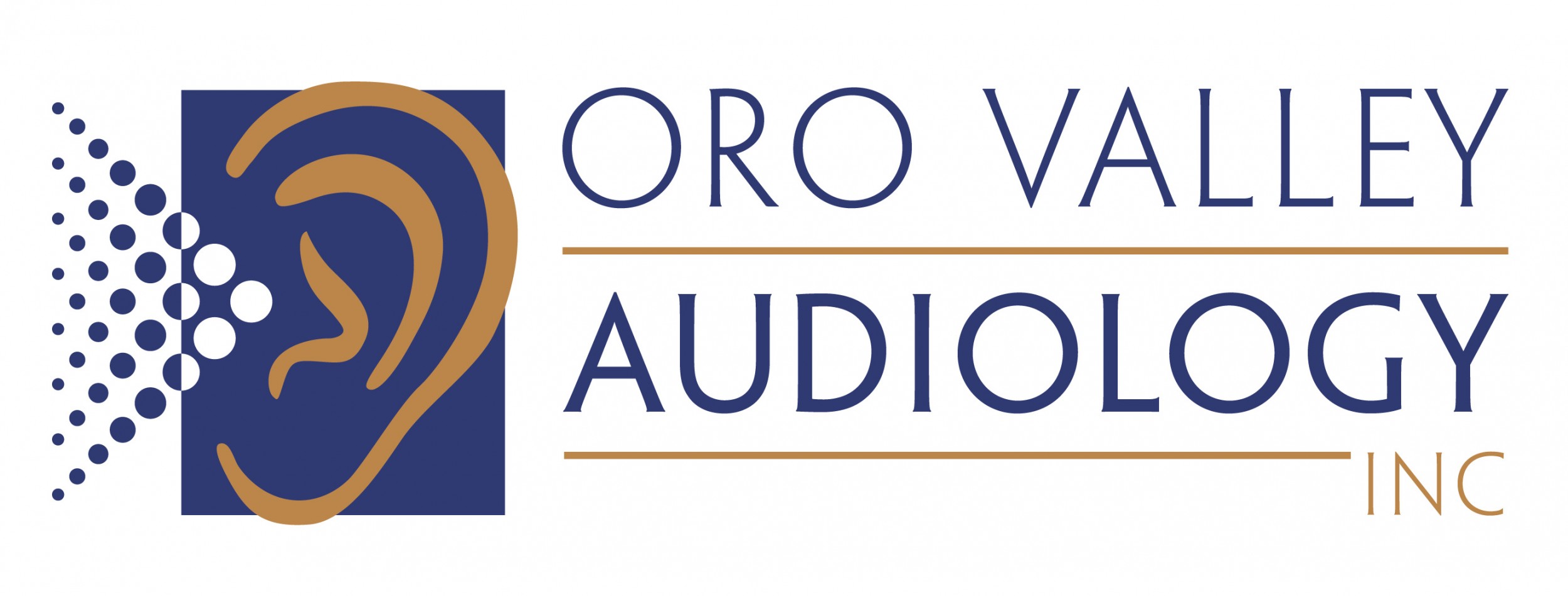Hearing aids are a valuable investment in improving your quality of life. They help you stay connected with the world, participate in everyday activities, and maintain your independence. When you invest in a pair of hearing aids, you want to make sure they last as long as possible.
In this blog post, we will explore the lifespan of hearing aids and what you can do to ensure that your hearing aids provide you with reliable and effective performance for years to come.
We’ll also discuss how advancements in technology are affecting the lifespan of hearing aids and what to consider when choosing a new pair. Whether you’re a new hearing aid user or an experienced wearer, this is definitely a must-read for anyone looking to maximize the lifespan of their hearing aids.
Factors affecting the lifespan of hearing aids
The lifespan of hearing aids can be influenced by a combination of the following factors below.:
Frequency of Cleaning and Maintenance
- Regular cleaning and check-ups
- Proper storage and handling
- Battery replacement
Technology
- Advancements in hearing aid technology
Usage
- Frequency of use
- Exposure to moisture, humidity, and cold
- Handling
The importance of working with an audiologist
Your hearing aids are an investment in your quality of life and taking care of them can help ensure that you get the most out of them. If you’re experiencing any issues with your hearing aids, don’t hesitate to reach out to your audiologist for assistance.
They can help you troubleshoot any problems and ensure that your hearing aids are working at their best. By working together with your audiologist, you can enjoy the benefits of your hearing aids for years to come.
Best practices to extend the lifespan of hearing aids
Hearing aids are in no way bionic or indestructible, but with the right usage and maintenance, it’s highly possible for your hearing aid to last a long time.
Below are some tried and tested tips to help extend your hearing aids’ life:
Proper storage and handling
Keep your hearing aids clean and dry. Exposure to moisture can cause damage to your hearing aids and shorten their lifespan. Keep them in a dry place when not in use and avoid wearing them in the shower or while swimming.
Regular check-ups and cleanings
Regular maintenance is key. Your audiologist is your best resource for maintaining your hearing aids. They can clean them, check the battery life, and make any necessary adjustments to ensure your hearing aids are working properly.
Battery replacement
Regularly check the battery life of your hearing aids and replace the batteries as needed. Don’t be a scrooge when it comes to batteries. Using high-quality batteries can help extend the lifespan of your hearing aids and prevent damage from low-quality batteries. Additionally, don’t let batteries drain completely. Replace the batteries as soon as you notice a decrease in performance.
Hearing Aids in Tucson, AZ
In conclusion, the lifespan of hearing aids can vary greatly depending on factors such as technology, usage, and maintenance. On average, modern hearing aids can last anywhere from 3 to 7 years, but with proper care, some can last even longer.
Working with an audiologist to ensure that your hearing aids are properly fitted, programmed, and maintained is crucial to extending their lifespan.
Regular check-ups and cleanings, avoiding exposure to moisture and extreme temperatures, and handling them with care can also help to extend the life of your hearing aids.
If you are looking for hearing aids in Tucson, AZ, don’t hesitate to contact us at Oro Valley Audiology. We specialize in hearing aids and audiology services to make sure that you are hearing your best every day!


